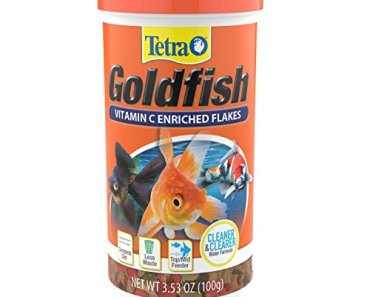
For original article click here

Purchasing a pet turtle can be fun and exciting. Find out how to choose the right turtle for you, get tips on choosing a healthy turtle and learn where you can buy one when you’re sure you’re ready.
Selecting the Right Pet Turtle
While turtles can make great pets, they also take quite a bit of care. Some turtles are water turtles and others are land turtles. Here is some info about both types that will give you an idea about the kind of care they need.
Related Articles
Water Turtles
According to the World Chelonian Trust, water turtles, also called aquatic turtles, are a popular choice as pets. However, caring for the tank in which one lives can be quite involved.
For example, a young red-eared slider requires:
- At least a 10-gallon tank as a youngster
- A 40-gallon tank by the time it reaches adulthood
Additionally, the habitat needs:
- A dry area
- A water area with filtration where the turtle can swim and feed
- A heater source in one area with room for the turtle to move away from it to cool down as needed
Land Turtles
According to Turtle Puddle, land-based turtles such as the popular box turtle can do well indoors or outdoors if weather permits, but they need room to thrive. They also require:
- Sunshine
- Adequate lighting
- Dry land
- Water to swim in
- Vegetation
About half of a land turtle’s diet comes from vegetation, but these turtles are omnivores so they eat things like worms and insects, along with fruits and vegetables.
Turtles That Make Good Pets
In general, turtles are shy, quiet pets that grow to recognize their owners and know when it is time to be fed. When startled or frightened, they withdraw into their shells or swim away, so it is best to move slowly around them. They don’t interact much with humans other than at feeding time. If you decide that a turtle is still the pet for you, some of the most popular choices include:
- Box Turtles
- Mud Turtles
- Sliders
- Painted Turtles
Places to Purchase Turtles
There are many places to purchase turtles of all kinds. The following lists give you an idea of what’s out there. LoveToKnow does not endorse any seller or rescue, so throroughly check out any breeder or company you consider dealing with before you make a comittment.
Sellers
It’s always preferable to examine a turtle in person before you decide whether or not to make a purchase, and you can usually do that locally. If you prefer to shop online, here are a few places to check out.
Rescues
You might also want to consider obtaining your pet through a turtle rescue organization. Turtles are long-lived pets that live 25 years or longer, and these rescue organizations take pets that are no longer wanted and help them find new homes. An adoption fee is usually required, but it helps the rescue keep operating.
Signs of a Healthy Turtle

Signs of a healthy turtle include:
- Clear, bright eyes; eyelids should not be puffy
- Breathing should be clear; the turtle can breathe with its mouth shut, no bubbles from the nose and no wheezing sounds
- Limbs should be strong and moving when picked up; listlessness may be a sign of illness
- Water turtle should submerge easily and swim evenly; turtle may be sick if one side looks higher than the other while swimming
- No sign of cracks or pits in the shell
- No sign of unhealed wounds or possible infection
Additionally, take time to look at the enclosure in which the turtles are kept because this will give you a good idea of how much regular care has been provided. The habitat should provide:
- Clean living space
- Clean water
- The right food
- Filtration for water turtles
- Adequate light
- Enough space for the particular breed
Turtles can get sick for a number of reasons. Many health problems are related to an improper diet and lack of sunlight. Turtles are also susceptible to respiratory problems caused by drafts. If you think your turtle is sick, find a vet that has experience working with turtles. If you don’t know of one, contact the Humane Society to see if they can recommend a vet near you.
Size Law and Salmonella
U.S. laws prohibit the sale of pet turtles with shells smaller than four inches. This is because salmonella is carried by turtles and can pose a potential health hazard for turtle owners. This risk for salmonella is especially dangerous for children and people with compromised immune systems. Always wash your hands after handing your turtle.
Make Sure You’re Ready
The info and tips provided here will help first timers make the best choices they can as they go through the process of selecting and purchasing a pet turtle. Turtles do require quite a lot of care, so make sure you understand their needs and you’re fully equipped to provide for them before you decide to bring one home.


























